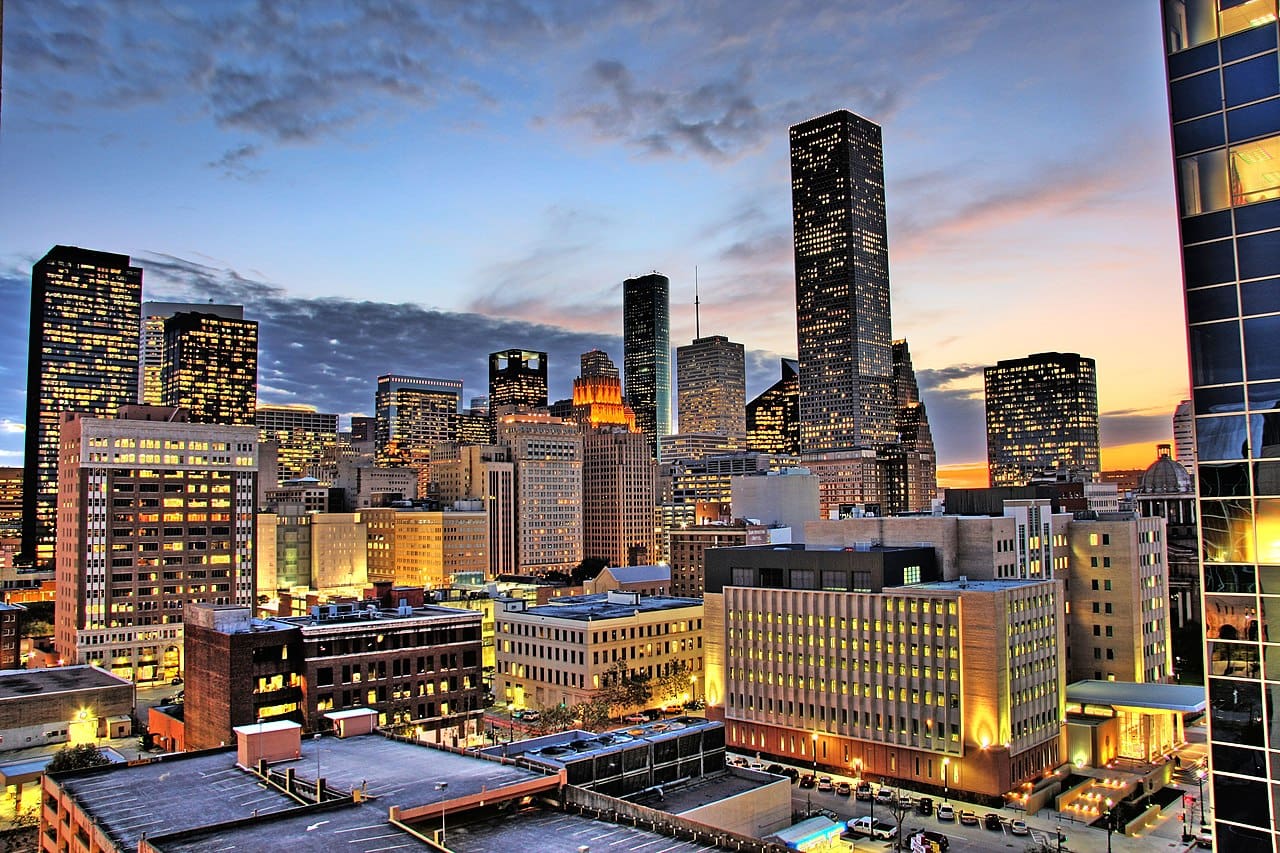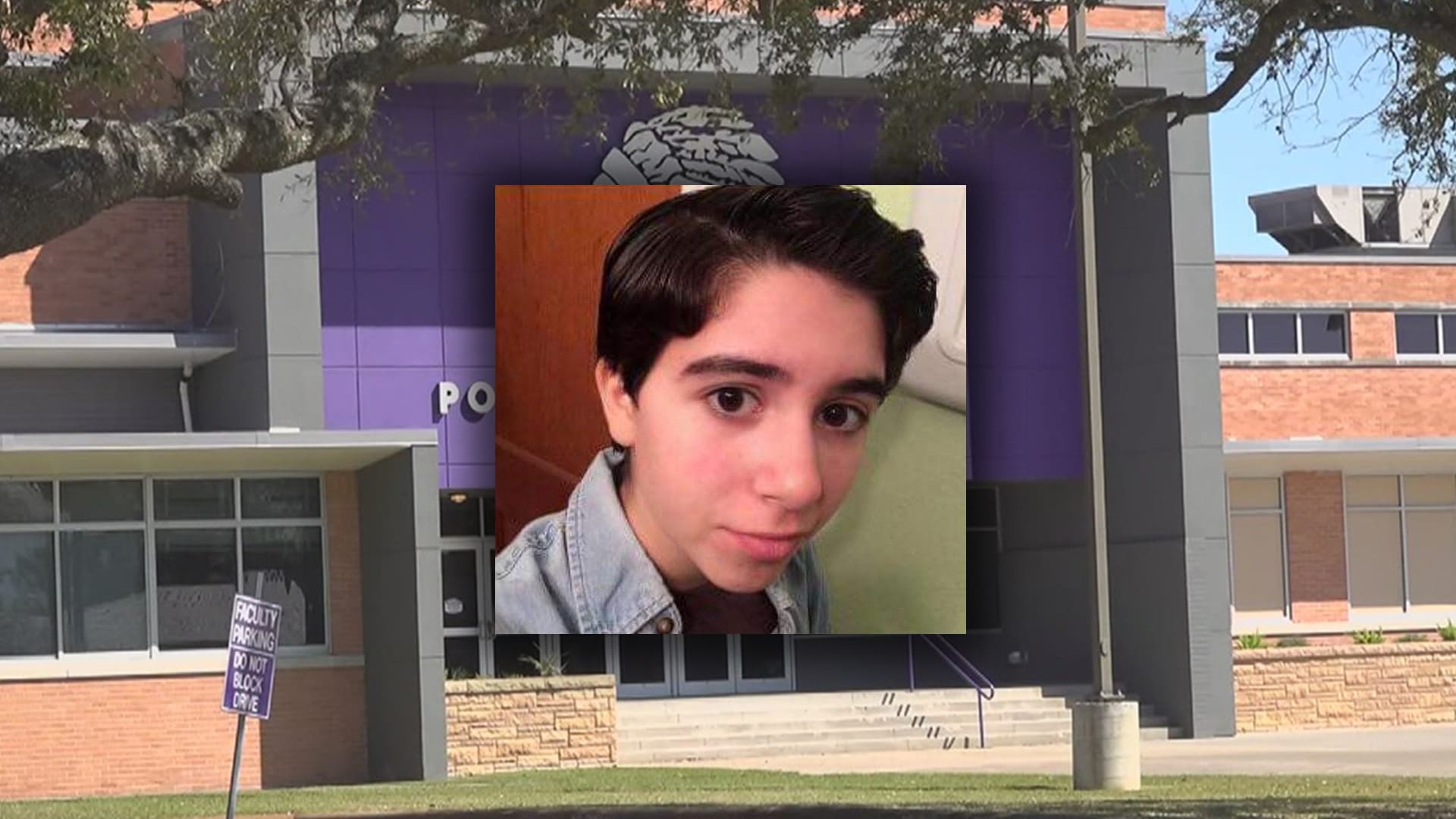Dallas’ city government has been targeting a local small business on the south side to allegedly force the owners to sell, going so far as to use the taxpayer’s own calls to the police as evidence against him. The attorney representing the owner alleges it is all because his client won’t play the Dallas political game.
Jim’s Car Wash, owned by Fred Davenport and operated by his son Dale in south Dallas, has been under siege from city authorities for 15 years. City officials have long blamed Davenport’s business as the cause of rampant crime in the area. However, Dallas’ own data shows that while the area the business is located in does have a crime issue, it’s not within the zones highlighted by the city as being especially high.
This hasn’t stopped the city from targeting the business. A Dallas judge forcibly closed Jim’s Car Wash last year based on the city’s claim that Davenport was operating a public nuisance. Davenport still pays taxes and gets ticketed by the city, but his business is shut down.
Yet the city’s claim has lost credibility in light of recent evidence obtained by Davenport’s attorney, Warren Norred, who successfully forced Dallas to turn over a treasure trove of public records. They include 20 months’ worth of 911 calls made by Davenport’s business to the police, in which he reported criminal activity occurring near his property.
The records of 911 calls filled 414 single-spaced pages.
Davenport’s business has a long history of reporting crimes and testifying about Dallas’ abuse of public nuisance laws; fourteen years ago, Davenport was a witness before a Texas legislature investigative committee looking into this. The committee chastised the city for running what the report called a protection racket.
According to a 2006 report from the Texas House Committee on Criminal Jurisprudence & General Investigating and Ethics, the city of Dallas actually used Davenport’s own calls to the police as evidence against him.
“The police and the city of Dallas got together and used his own phone calls to the police as evidence that he was allowing crime,” Norred told Texas Scorecard in an exclusive interview; Davenport and others eventually went down to Austin to change the law so that would not happen again.
“What’s tragic is that [the city of Dallas] turned around and did it again, in this case,” Norred added.
The 911 calls, for the most part, have resulted in no significant action from law enforcement to address crime. Part of the reason for the lack of enforcement is that the police are short-staffed. “Dallas has about 3,000 officers right now, which is 1,000 fewer than it had a decade ago,” Norred said.
“The city of Dallas does not prioritize safety in the south Dallas area.”
Last year, Dallas held the largest police recruiting event in 28 years in an attempt to address its severe shortage.
Davenport, for his part, has tried to help. He fought for and got an additional tax levied on all businesses in the area to support funding for an increased police presence.
“He deliberately worked for a higher tax on himself to pay for additional security, which is fairly unusual,” Norred said.
Instead of Dallas spending this new revenue on more police, Norred added, they gave it to a now-defunct business called Hip Hop Government:
“And then they give the job to a friend of the council [Jeremy Scroggins], who’s incompetent, wastes all the money, and doesn’t pay the security team that they hire. So the security team then quits and stops patrolling the area. Nobody knows where the money went. And is anybody in Dallas looking for that money?”
All of these actions raise the question: what is motivating the campaign against Davenport? Norred offered Texas Scorecard his take:
“Control is its own reward. There are people like [former Dallas City Councilman] Kevin Felder who just wanted to kill [the car wash] off and get somebody else to replace [Davenport] that he would like, and would appreciate, and would give him money.
“The Dallas City Council people, single-member districts … these people treat each one of those areas as their own fiefdom, where they’re going to graze off of their section of the city. And it really is that bad.”
Though an appeals court overturned the judgement against Davenport, his business remains closed, but he still has to pay taxes. Concerned Dallas voters may contact Mayor Eric Johnson and the city council.





